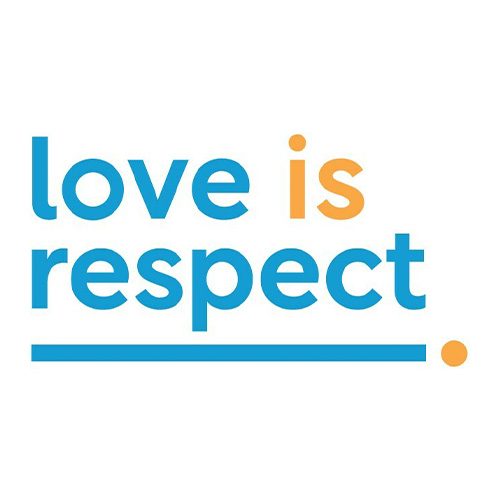
Dating Violence
What Is Dating Violence?
Dating violence is a pattern of abusive behaviors used to exert power and control over a dating partner. Calling dating violence a pattern doesn’t mean the first instance of abuse is not dating violence. It just recognizes that dating violence usually involves a series of abusive behaviors over time.
Every relationship is different, but the one thing that is common to most abusive dating relationships is that the violence can escalate over time and becomes more and more dangerous for the young victim.
Any teen or young adult can experience violence, abuse, or unhealthy behaviors in their dating relationships. A relationship may be serious or casual, monogamous or not, short-term or long-term. Dating abuse does not discriminate – it does not see gender, sexual identity, economic status, ethnicity, or religious preference.
Teens and young adults experience the same abuse in relationships as adults. This can include:
- Physical Abuse: Any intentional use of physical force with the intent to cause fear or injury, like hitting, shoving, biting, strangling, kicking, or using a weapon.
- Verbal or Emotional Abuse: Non-physical behaviors such as threats, insults, constant monitoring, humiliation, intimidation, isolation, or stalking.
- Sexual Abuse: Any action that impacts a person’s ability to control their sexual activity or the circumstances in which sexual activity occurs, including rape, coercion, or restricting access to birth control.
- Digital Abuse: Use of technologies and/or social media networking to intimidate, harass or threaten a current or ex-dating partner. This could include demanding passwords, checking cell phones, cyberbullying, sexting, excessive or threatening texts, or stalking on Instagram, Facebook or other social media.
Teen Dating Violence Quick Facts
81% of parents
believe teen dating violence is not an issue or admit they don't know if it's an issue.
1 in 10 high school students
has been purposefully hit, slapped or physically hurt by a boyfriend or girlfriend.
33% of teens in abusive relationships
told someone about the abuse they experienced.
Frequently Asked Questions
People abuse their partners because they believe they have the right to control the person they’re dating. Maybe the abusive partner thinks they know best. Maybe they believe that they should be in charge in the relationship. Maybe they think unequal relationships are ideal.
Abuse is a learned behavior. Sometimes people see it growing up. Other times they learn it from friends or popular culture. No matter where it’s learned, it’s not OK and never justified. Many people experience or witness abuse growing up and decide not to use those harmful and hurtful ways of behaving. It’s most important to know that abuse is a choice, and it’s not one that anyone has to make. Anyone can be abusive, and anyone can be the victim of abuse. It happens regardless of gender, age, sexual orientation, race, or economic background.
While there are many warning signs of abuse, here are ten common abusive behaviors:
- Checking your cell phone or email without permission
- Constantly putting you down
- Extreme jealousy or insecurity
- Explosive temper
- Isolating you from family or friends
- Making false accusations
- Mood swings
- Physically hurting you in any way
- Possessiveness
- Telling you what to do
If you or a loved one is in a violent or abusive relationship, please get help.
If you know someone who might be in an abusive relationship, you can help.
- Tell the person that you are worried
- Be a good listener
- Offer your friendship and support
- Ask how you can help
- Encourage your friend to seek help
- Educate yourself about dating violence and healthy relationships
- Avoid any confrontations with the abuser – this could be dangerous for you and your friend
